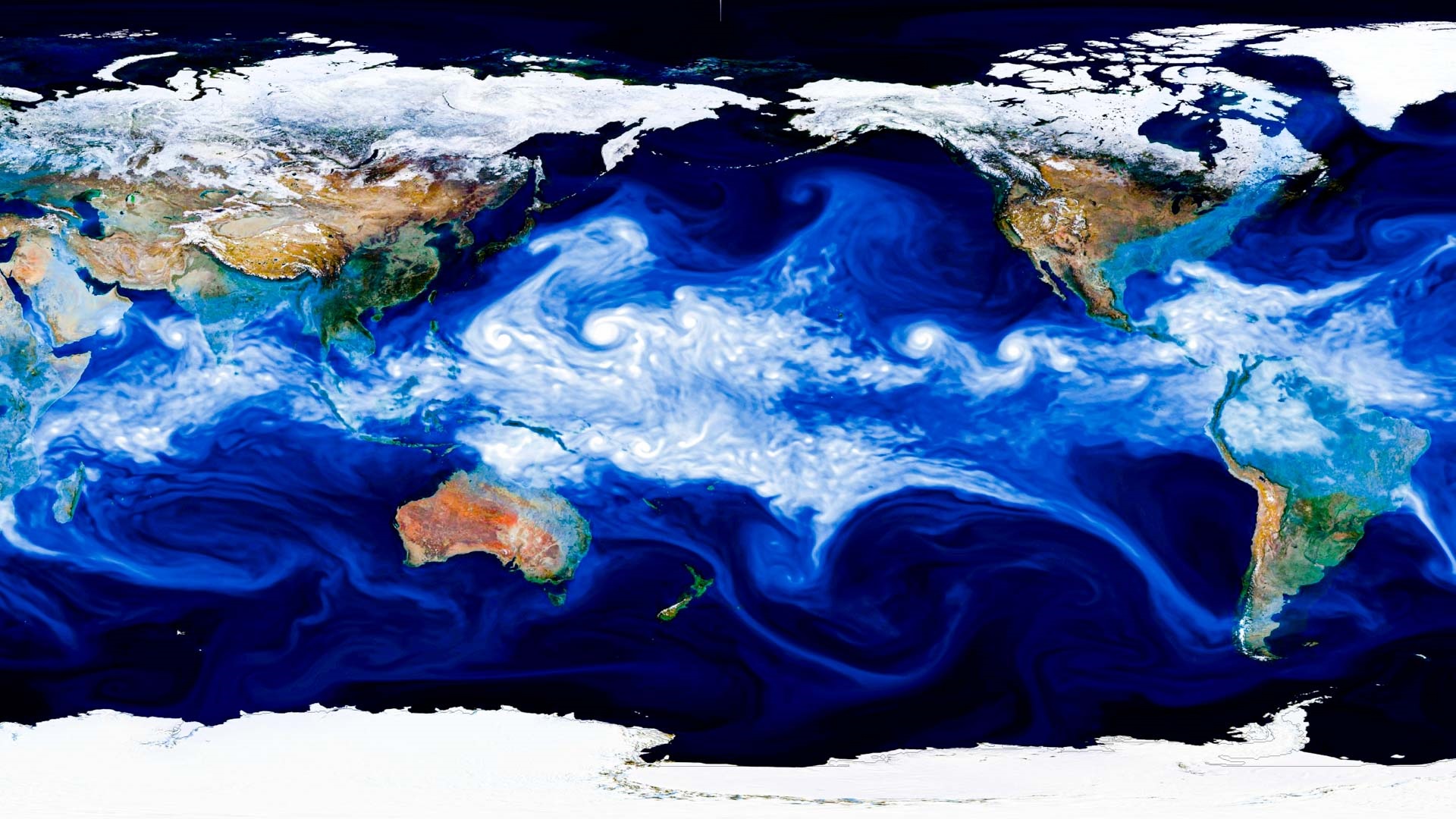Intro to HPC: ClimRR

Climate Risk & Resilience Portal (ClimRR)
The ClimRR Portal can be viewed online, and is a great resource for interactive exploration.
Climate change is increasing the complexity, intensity, and frequency of disasters.
Understanding future climate conditions in cities and towns across the United States is necessary to prepare for future climate realities.
To address this requirement, ClimRR2 — the Climate Risk and Resilience Portal — empowers individuals, governments, and organizations to examine simulated future climate conditions at mid- and end-of-century for a range of climate perils.
- The data needed for this project has already been copied to the NERSC systems and can be found at:
$ ls /global/cfs/cdirs/m4388/Project2-ClimRR/data/ClimRR/
AnnualTemperatureMaximum.csv 'ClimRR Metadata and Data Dictionary.pdf' FireWeatherIndex_Wildfire.csv GridCellsShapefile.zip Precipitation_inches_AnnualTotal.csv SeasonalTemperatureMaximum.csv WindSpeed.csv
AnnualTemperatureMinimum.csv ConsecutiveDayswithNoPrecipitation.csv GridCells2Shapefile.zip HeatingDegreeDays.csv README.txt SeasonalTemperatureMinimum.csvthe data is also available online and can be downloaded from ClimRR Data Download (ANL)
Project Description
Are different populations unequally affected by climate change? This project will explore the intersection of climate data and energy justice, providing an introductory understanding of data science techniques in assessing disparate outcomes on vulnerable or underserved populations in the United States. By shedding light on energy disparities, the project aims to contribute to the ongoing discussions surrounding energy equity and inform policymakers and stakeholders for more inclusive energy initiatives. Energy justice refers to the equitable distribution of clean, affordable, and reliable energy resources among all communities, regardless of their socioeconomic status or demographic characteristics.
This project will focus on the analysis of climate data and low-income energy affordability data across the United States. The analysis will focus on examining energy consumption patterns, renewable energy adoption rates, and energy affordability across different geographical regions and demographic groups.
To assess disparate outcomes, the project will employ various statistical techniques to compare energy-related indicators among vulnerable populations.
This work may involve analyzing energy access in low-income neighborhoods, evaluating the impact of energy policies on marginalized communities, or examining the correlation between energy affordability and socioeconomic factors.
The findings of the analysis will be interpreted to gain insights into the disparities in energy justice and its impact on vulnerable populations. The project aims to identify areas where energy inequalities exist and provide a data-driven foundation for advocating for equitable energy policies and programs.
Additional Projects
| Project (and link project description) | Institution | Lead |
|---|---|---|
| AI-Powered Equity Analysis of Renewable Energy Laws | ANL | Murat Keceli |
| Solar Power for Affordable Housing through Computational Design of Low-Cost/High-Efficiency Solar Cells | ANL | Alvaro Vazquez-Mayagoita |
| Energy Justice Analysis of Climate Data | ANL | Sam Foreman |
| Energy Cost for Disadvantaged Populations and Methods of Energy Efficiency and Energy Optimization in Computing Systems | NERSC | Charles Lively |
| Understanding the Impact of HPC Center Energy Usage on Low-income and Minority Populations | NERSC | Charles Lively |
| Power Outages and Inequities in Energy Access for Medically Vulnerable Populations | OLCF | Subil Abraham |
| Socioeconomics of Power Outages and Heatwaves | OLCF | Suzanne Parete-Koon |
Footnotes
ClimRR was developed by the Center for Climate Resilience and Decision Science (CCRDS) at Argonne National Laboratory in collaboration with AT&T and the United States Department of Homeland Security’s Federal Emergency Management Agency (FEMA). Climate change is increasing the complexity, intensity, and frequency of disasters. Understanding future climate conditions in cities and towns across the United States is necessary to prepare for future climate realities.↩︎
Citation
@online{foreman2023,
author = {Foreman, Sam},
title = {Energy {Justice} {Analysis} of {Climate} {Data} with
{ClimRR}},
date = {2023-08-07},
url = {https://saforem2.github.io/climate-analysis},
langid = {en}
}